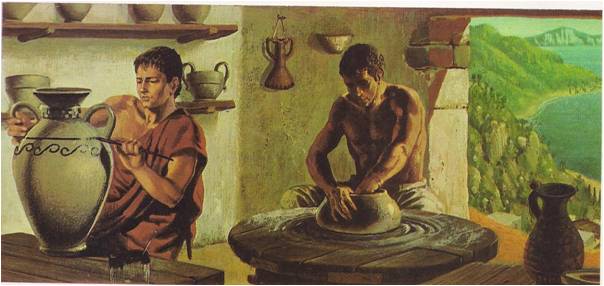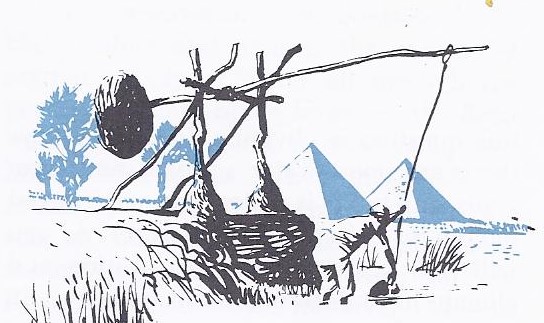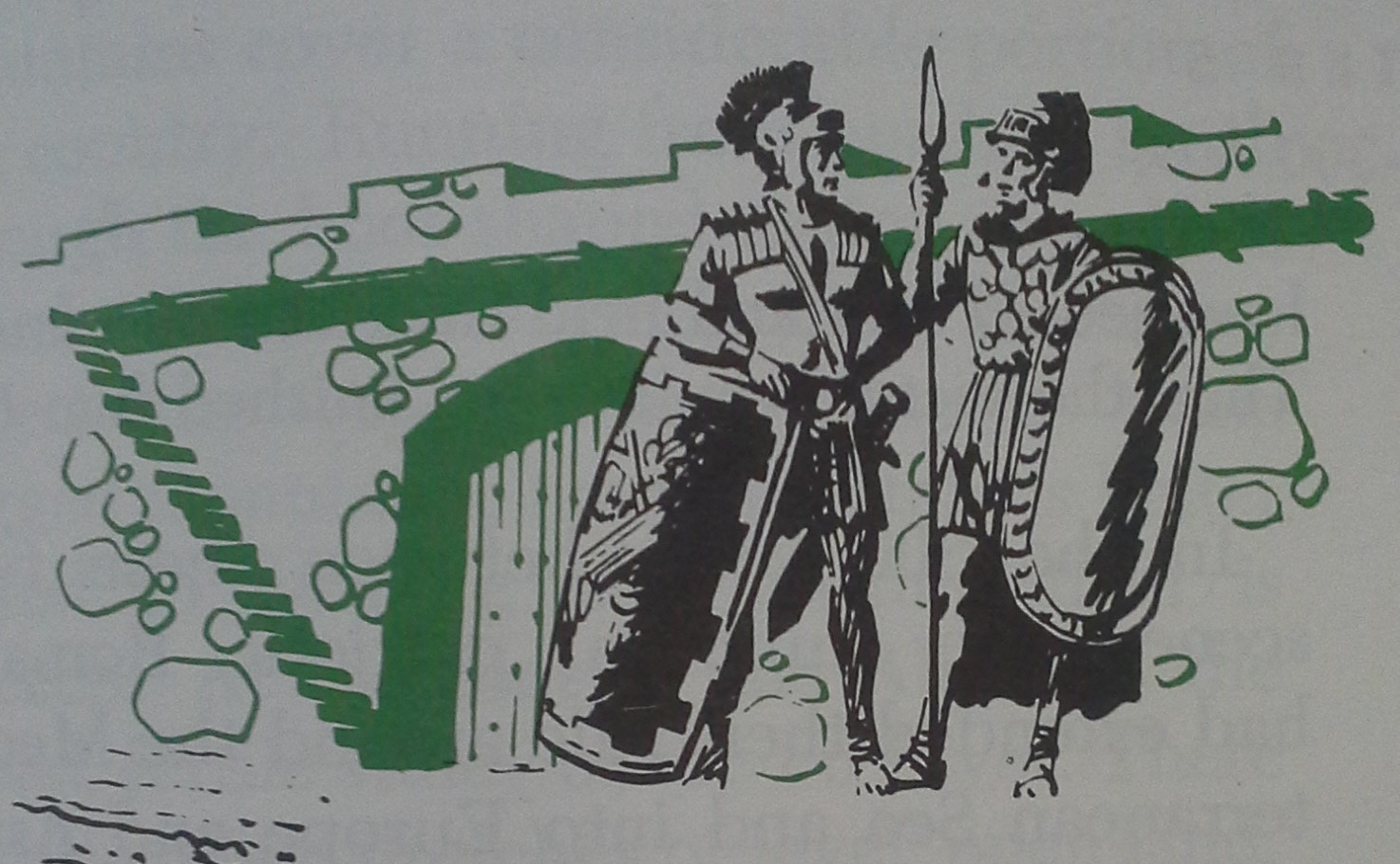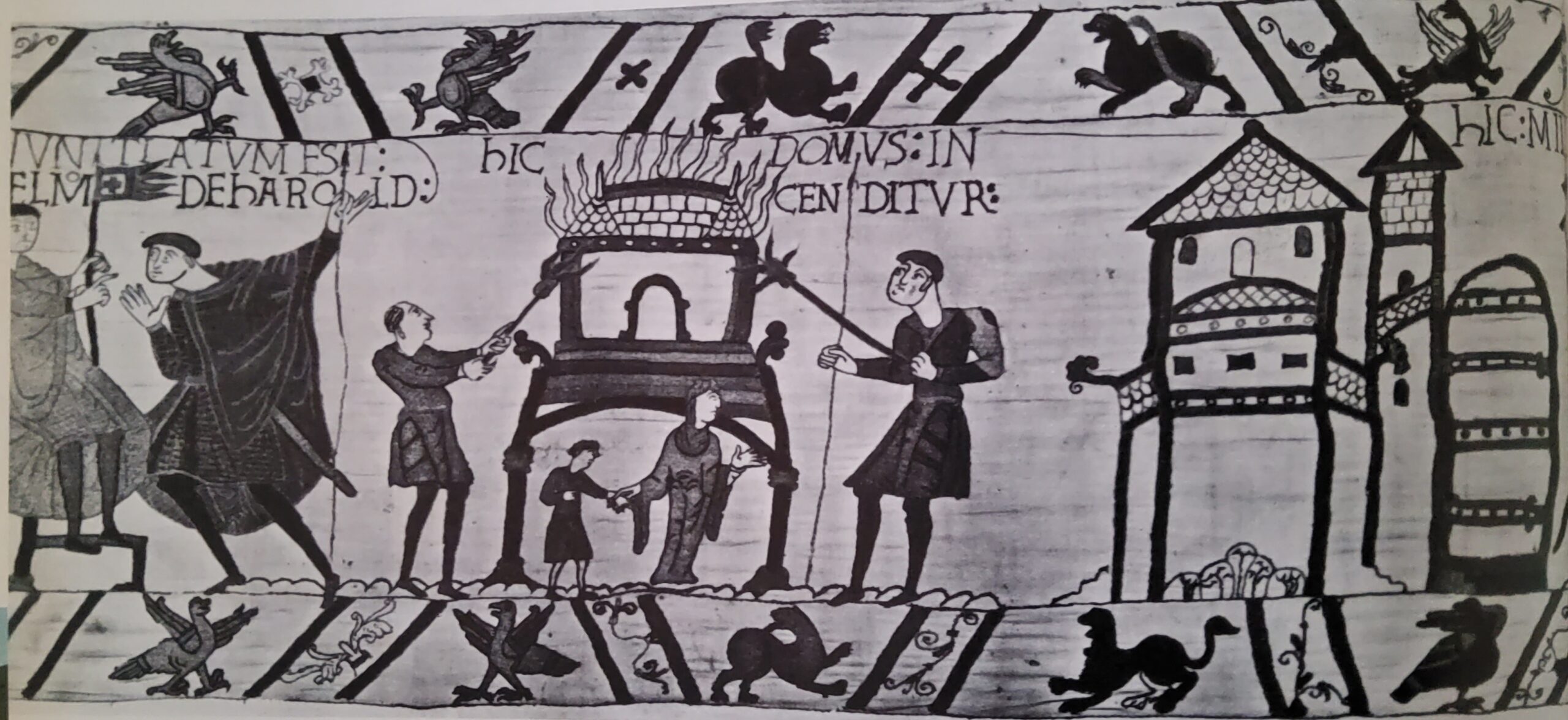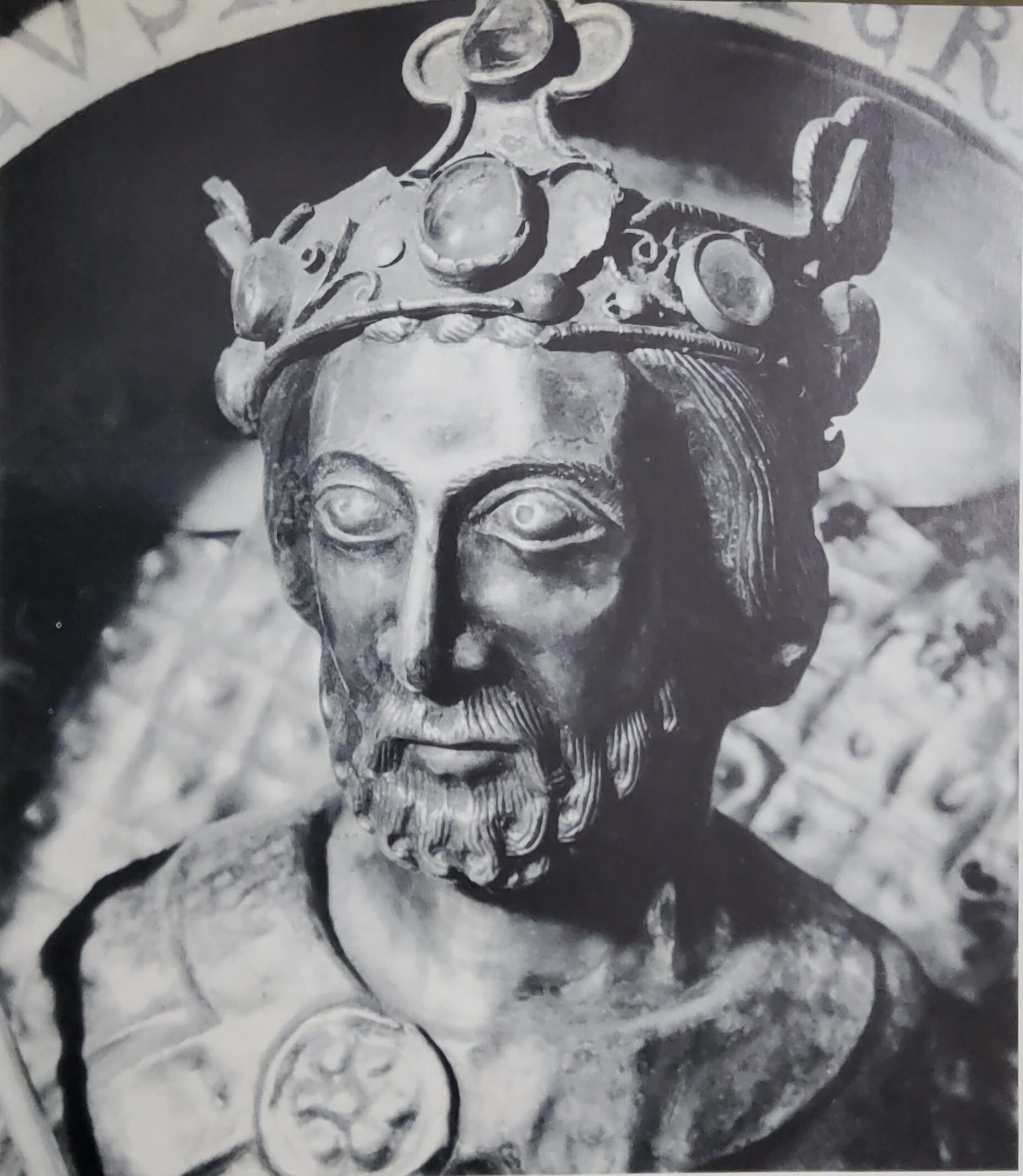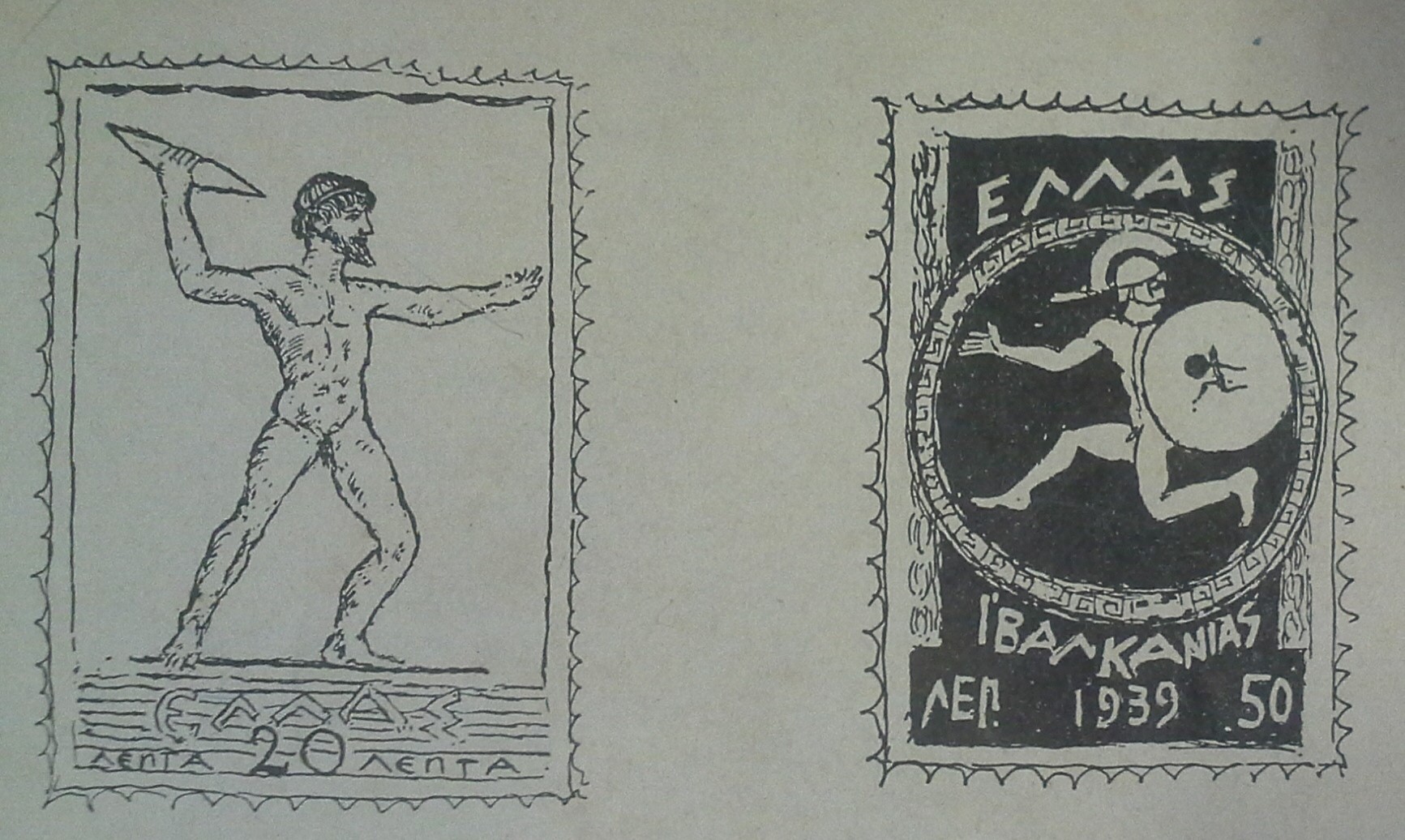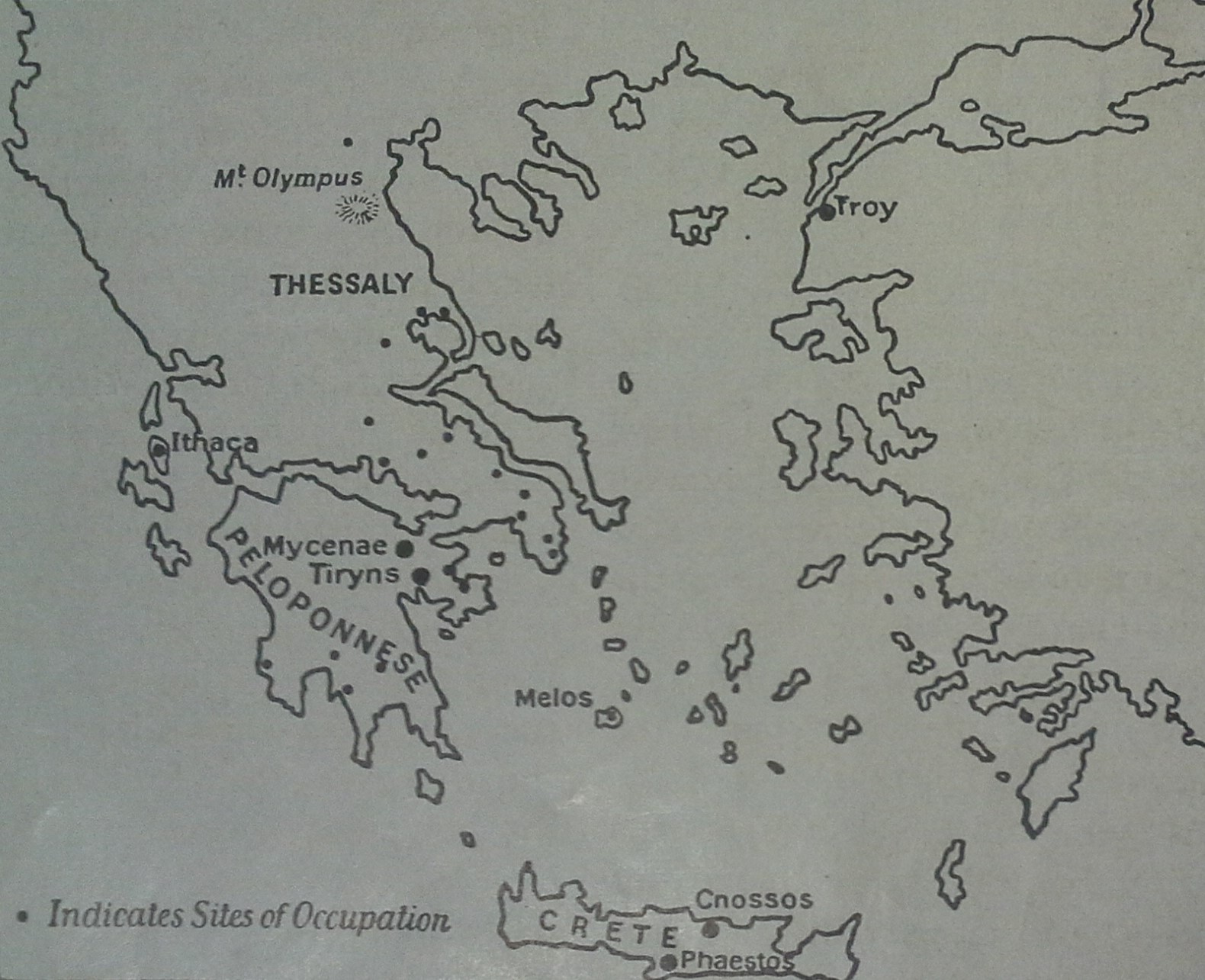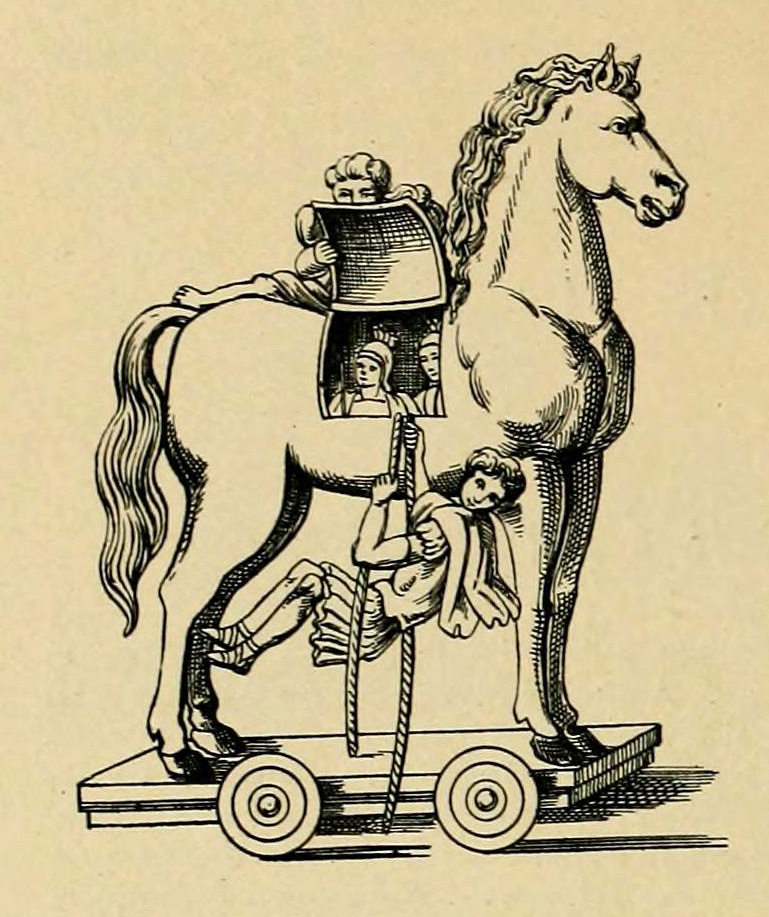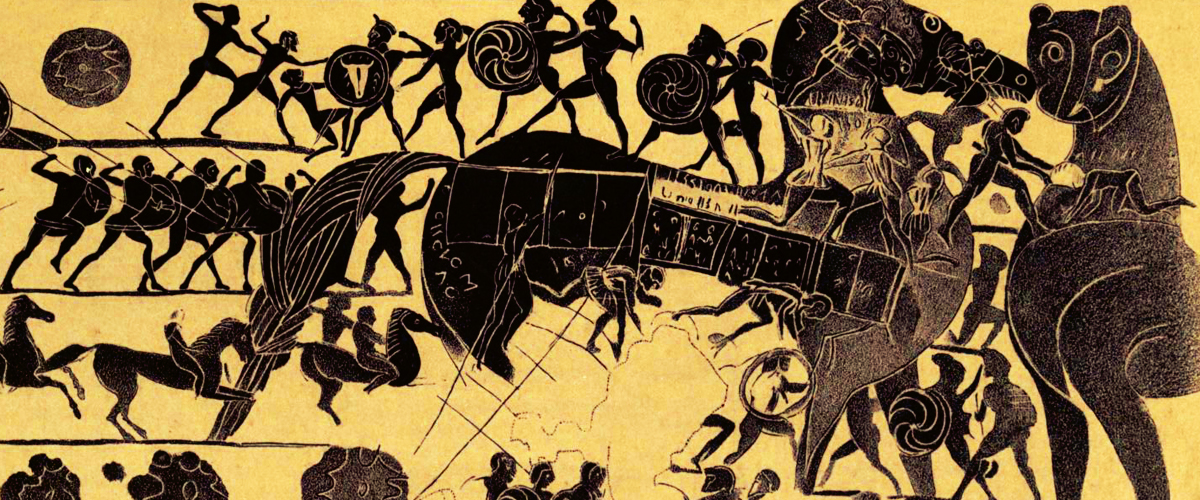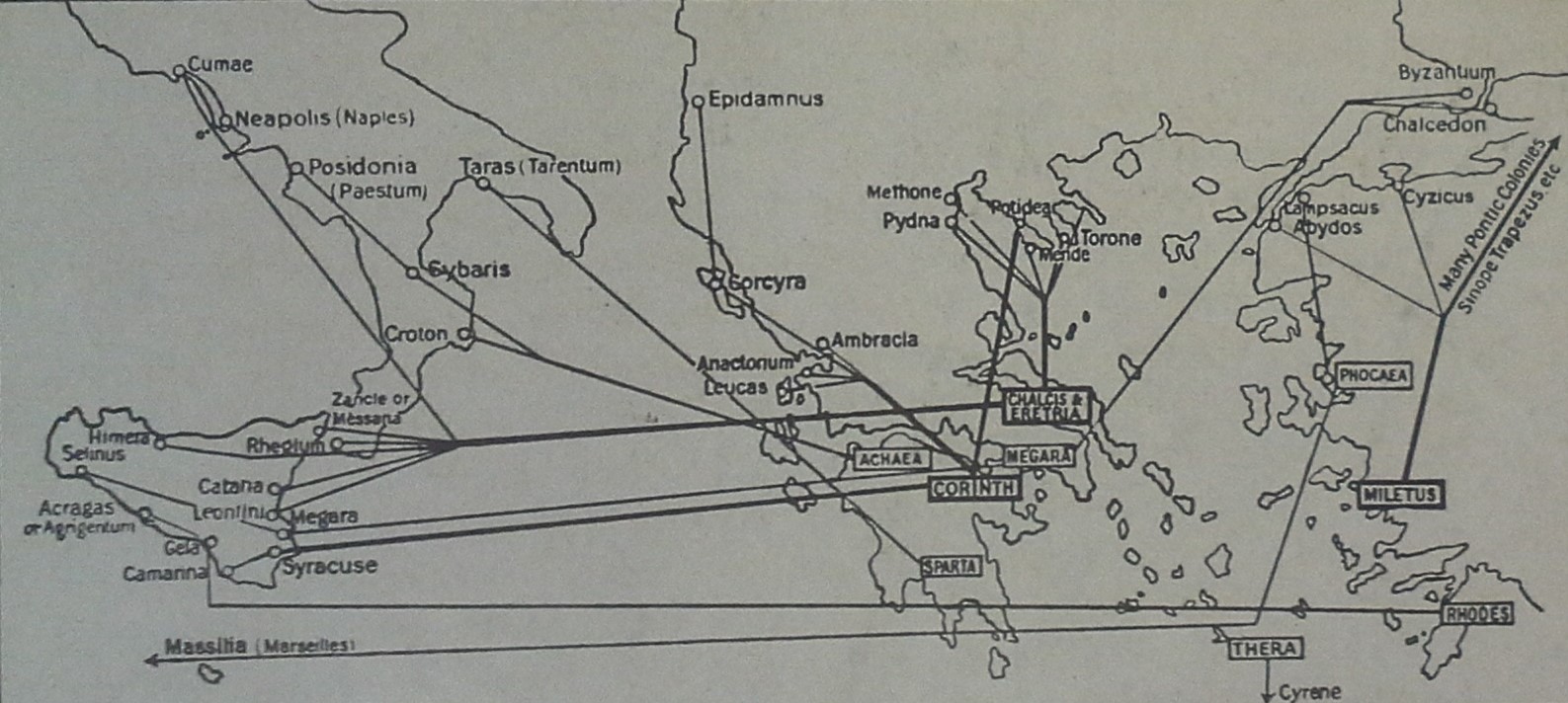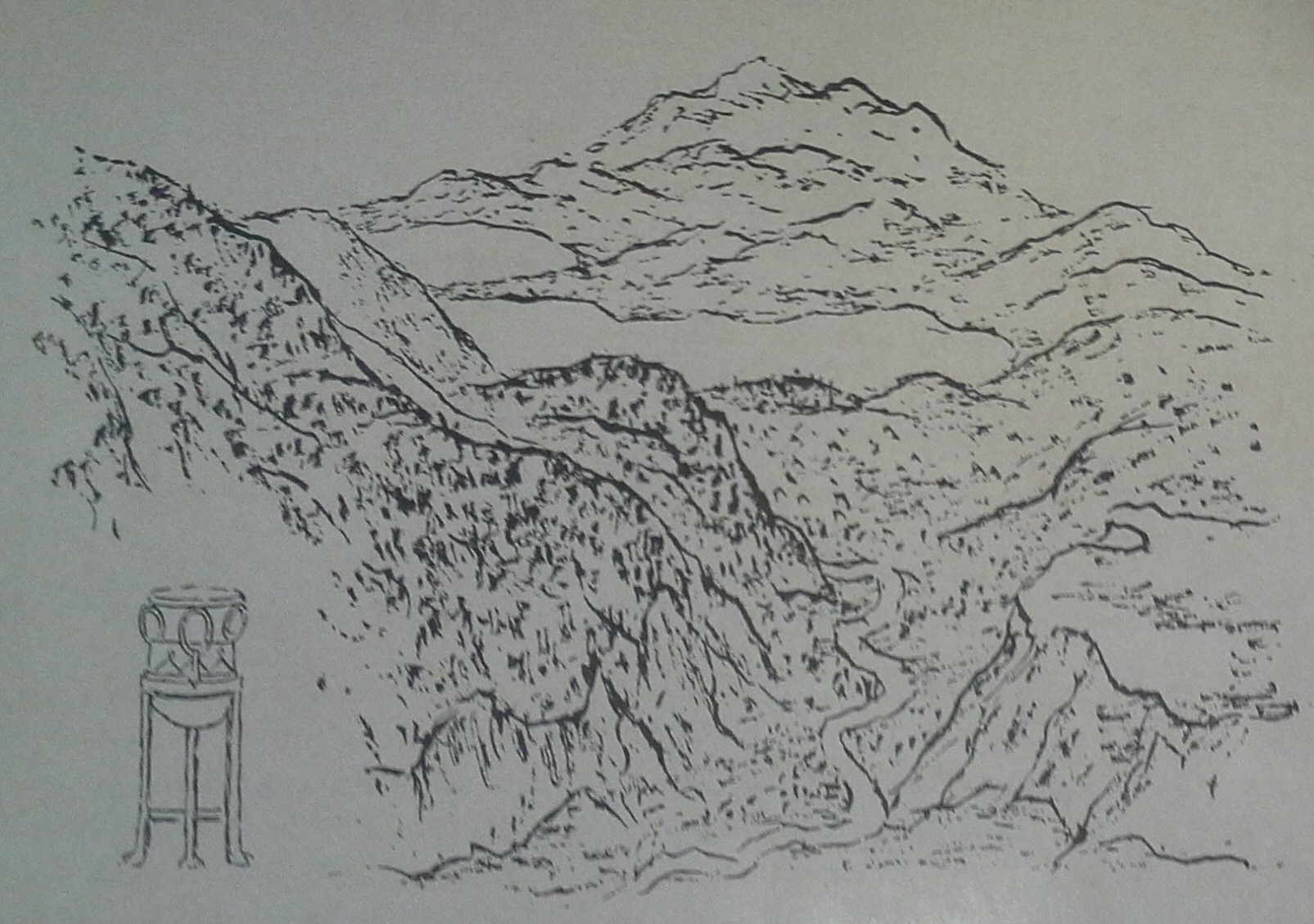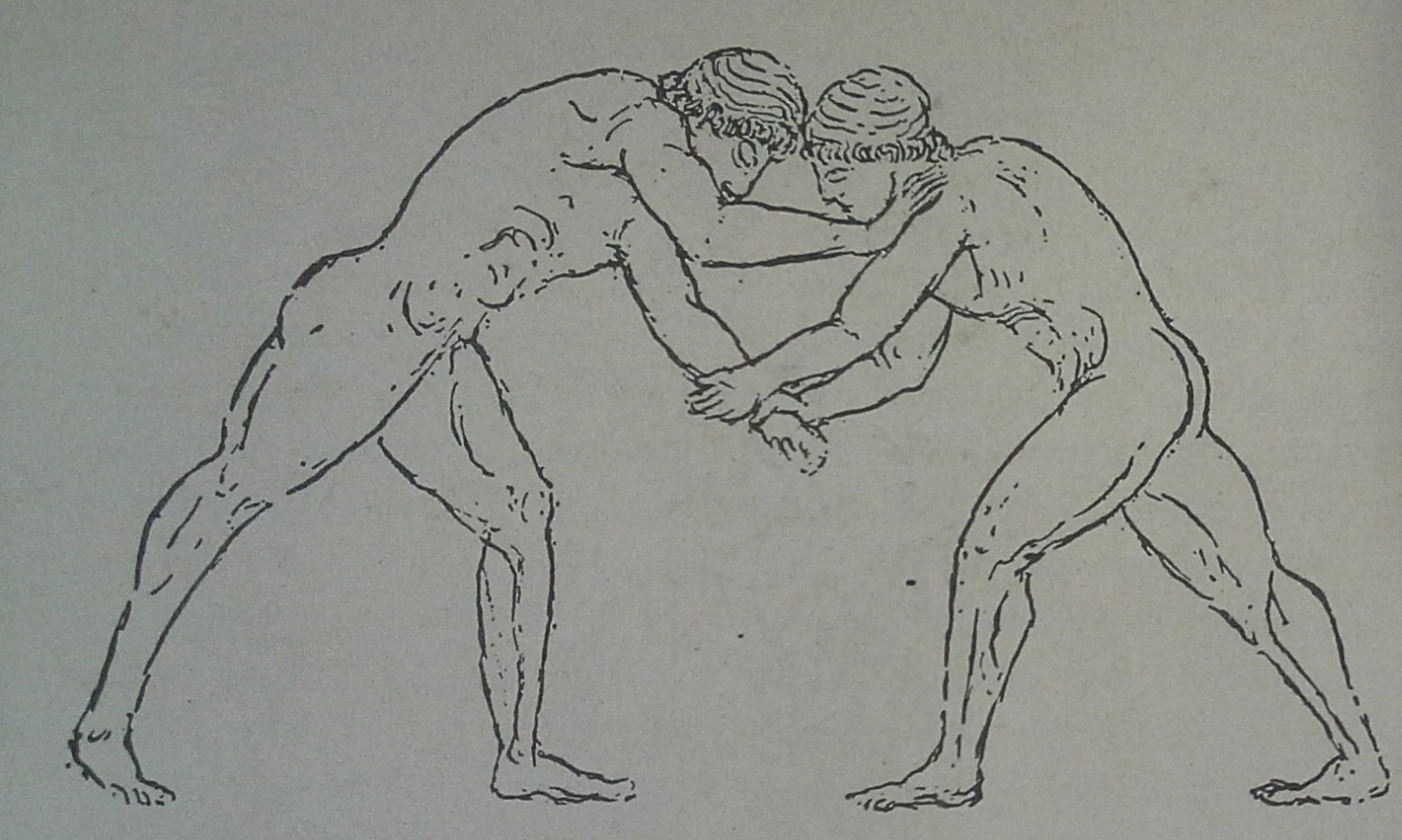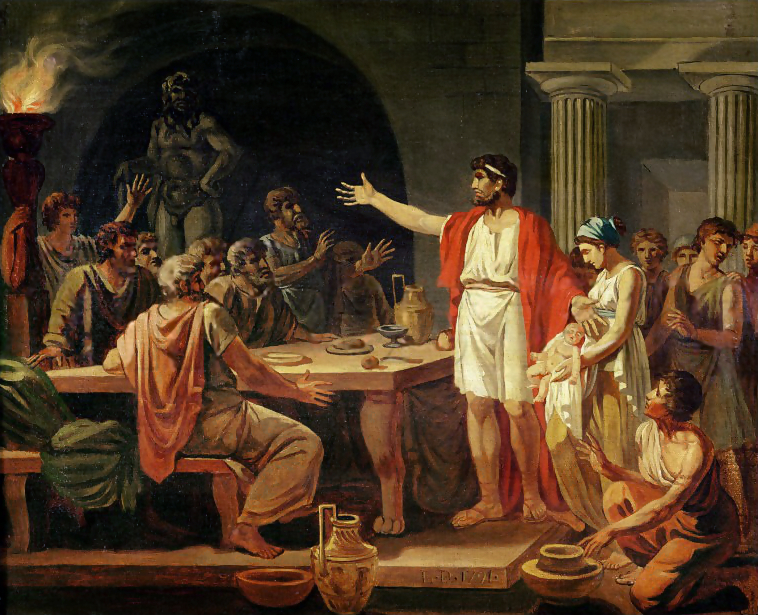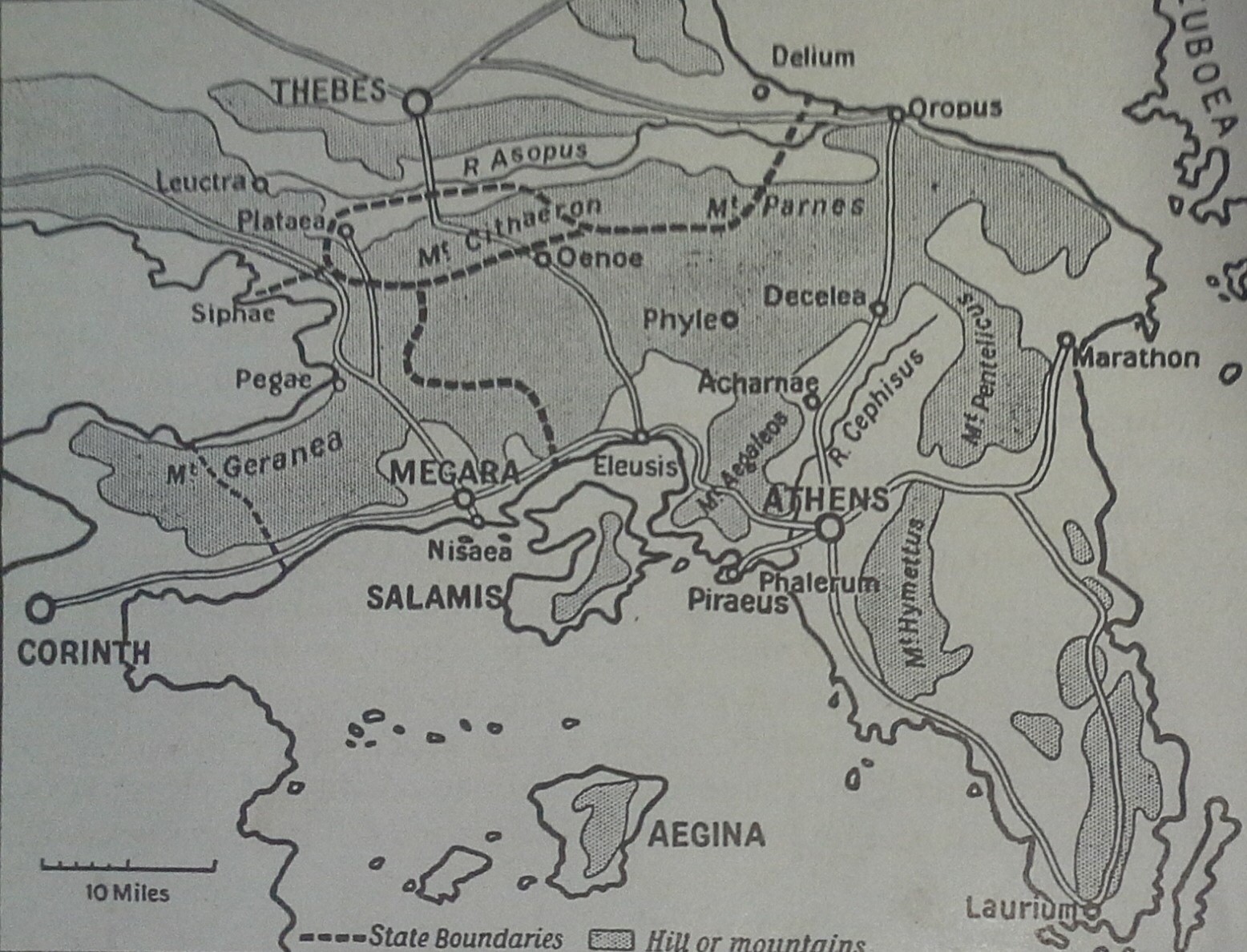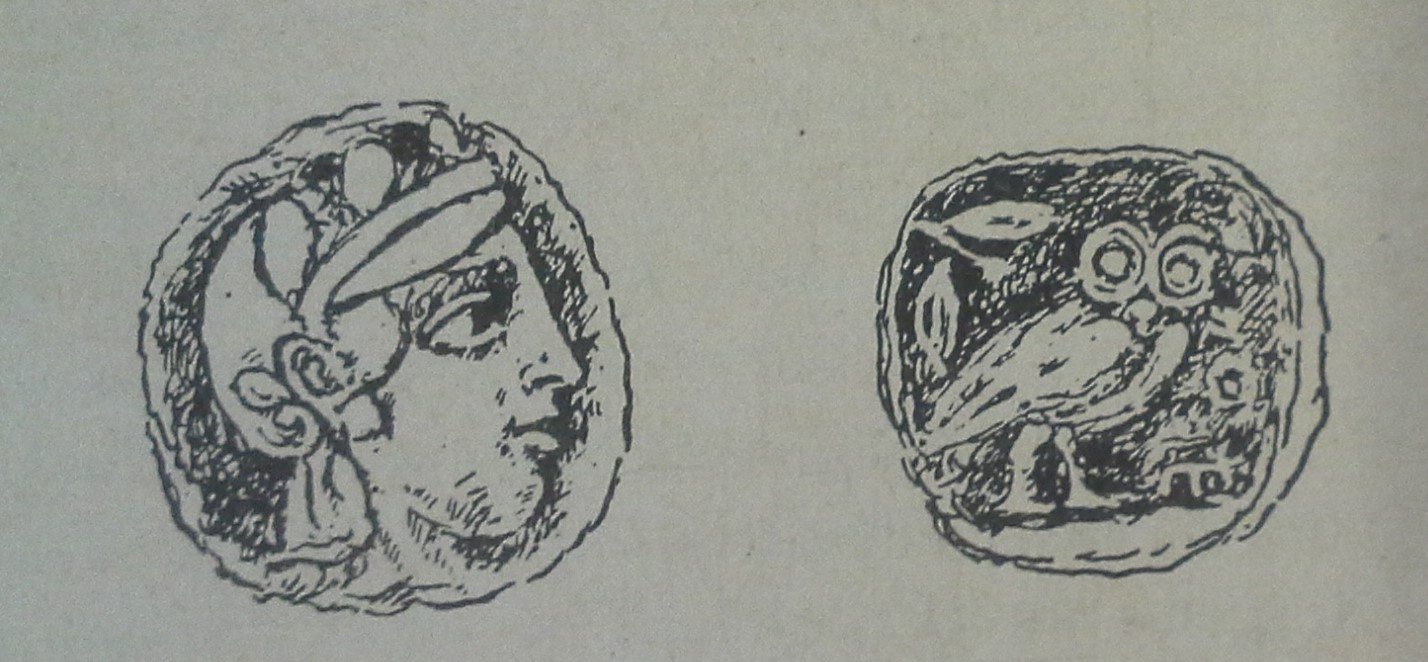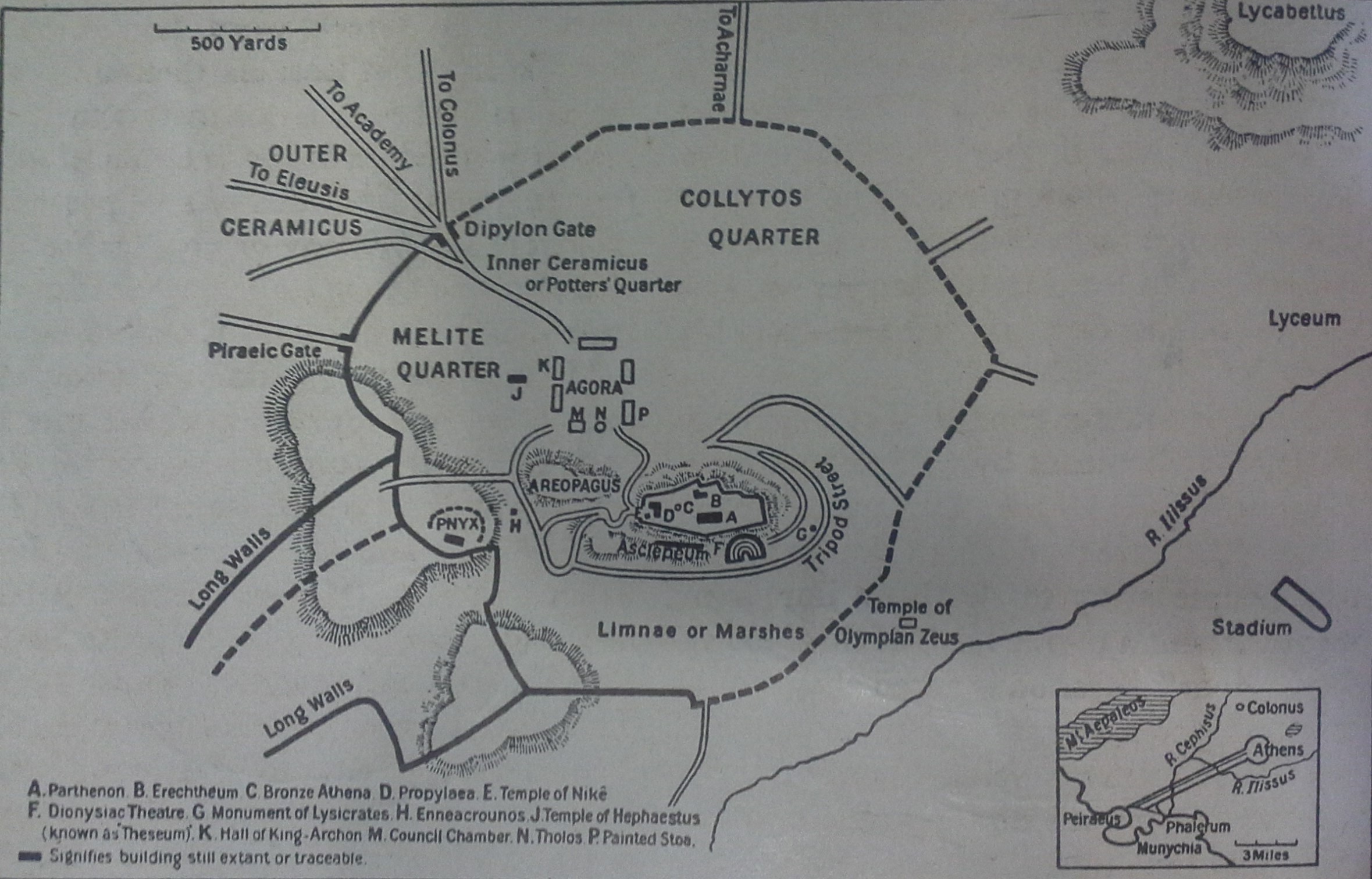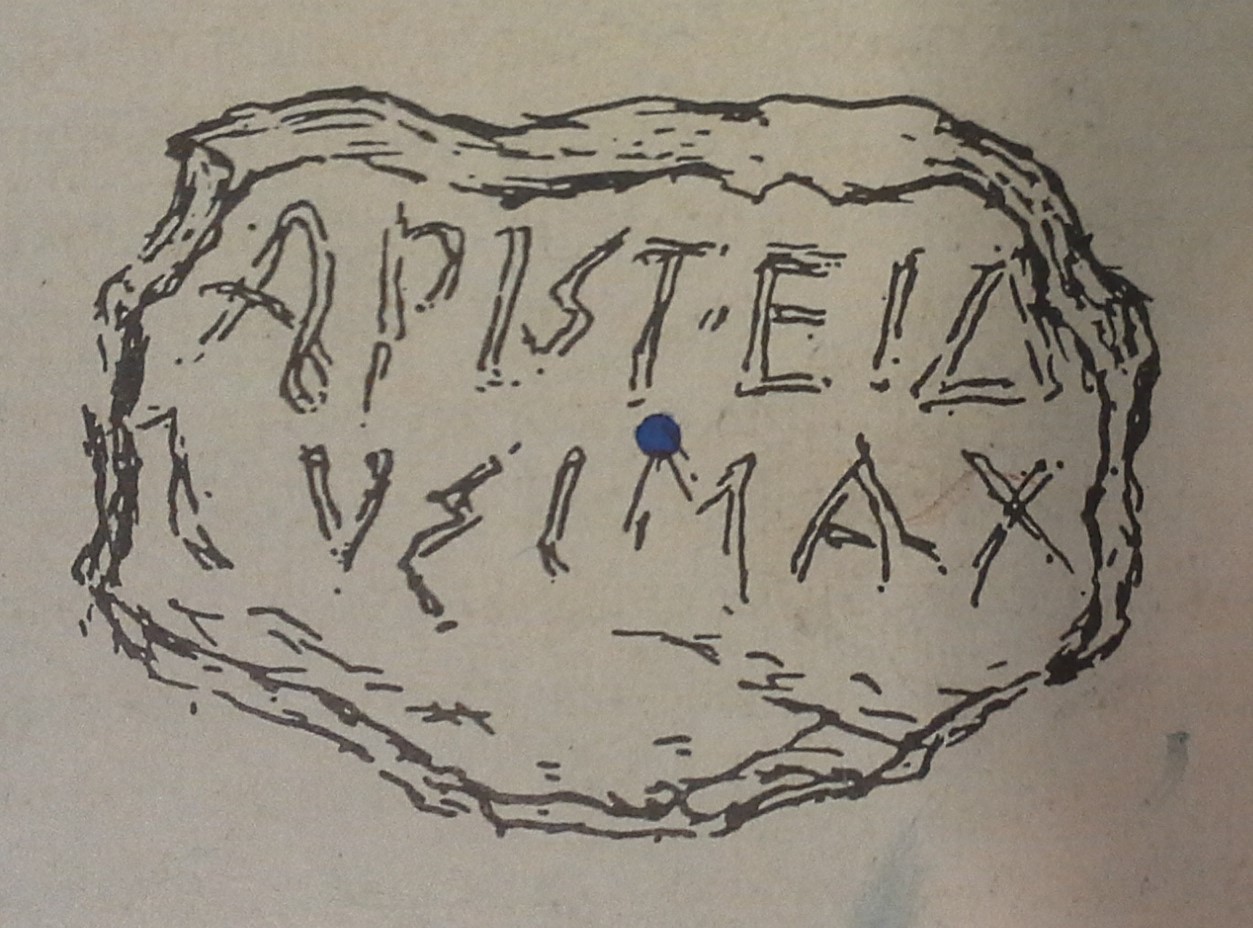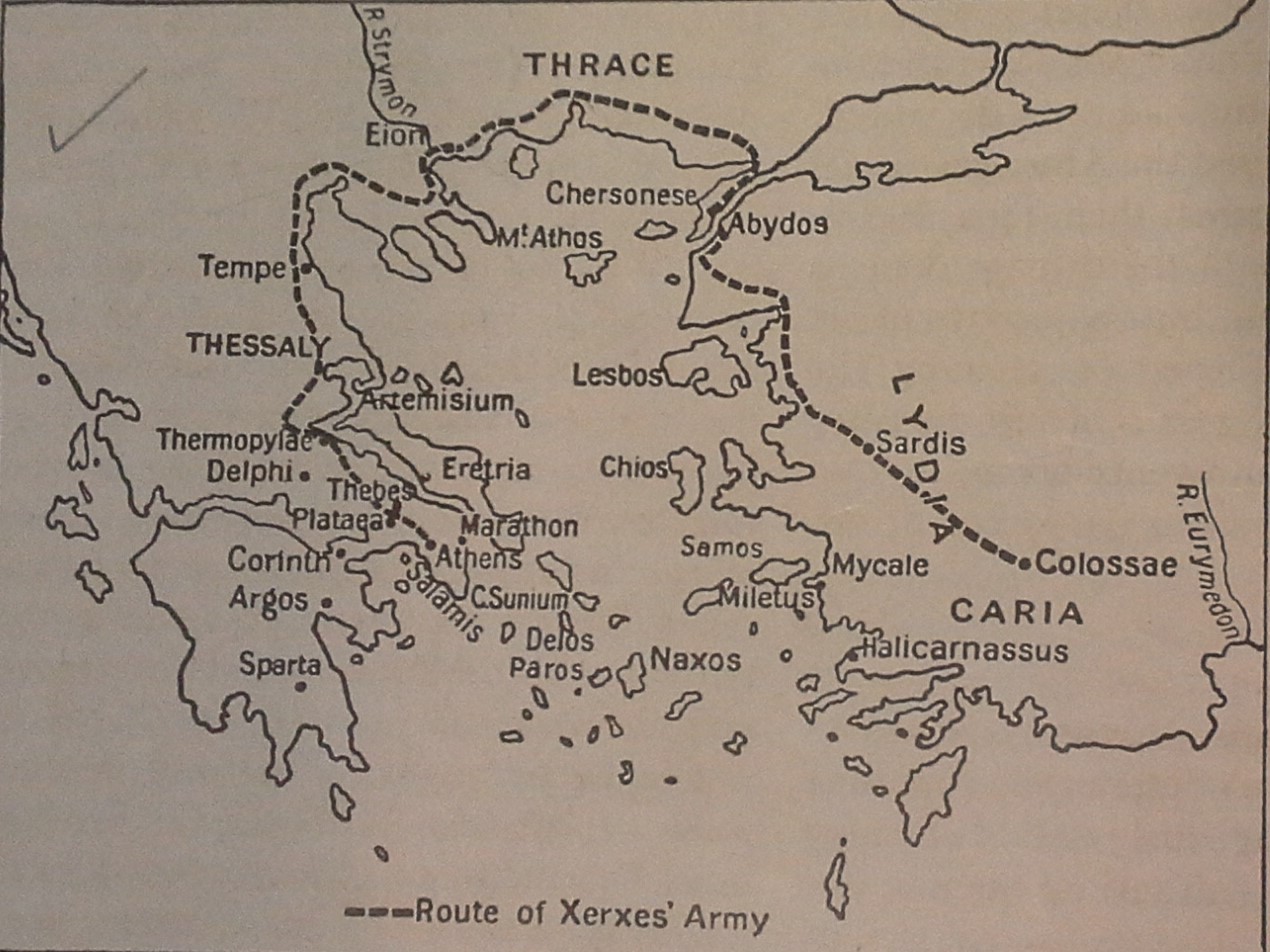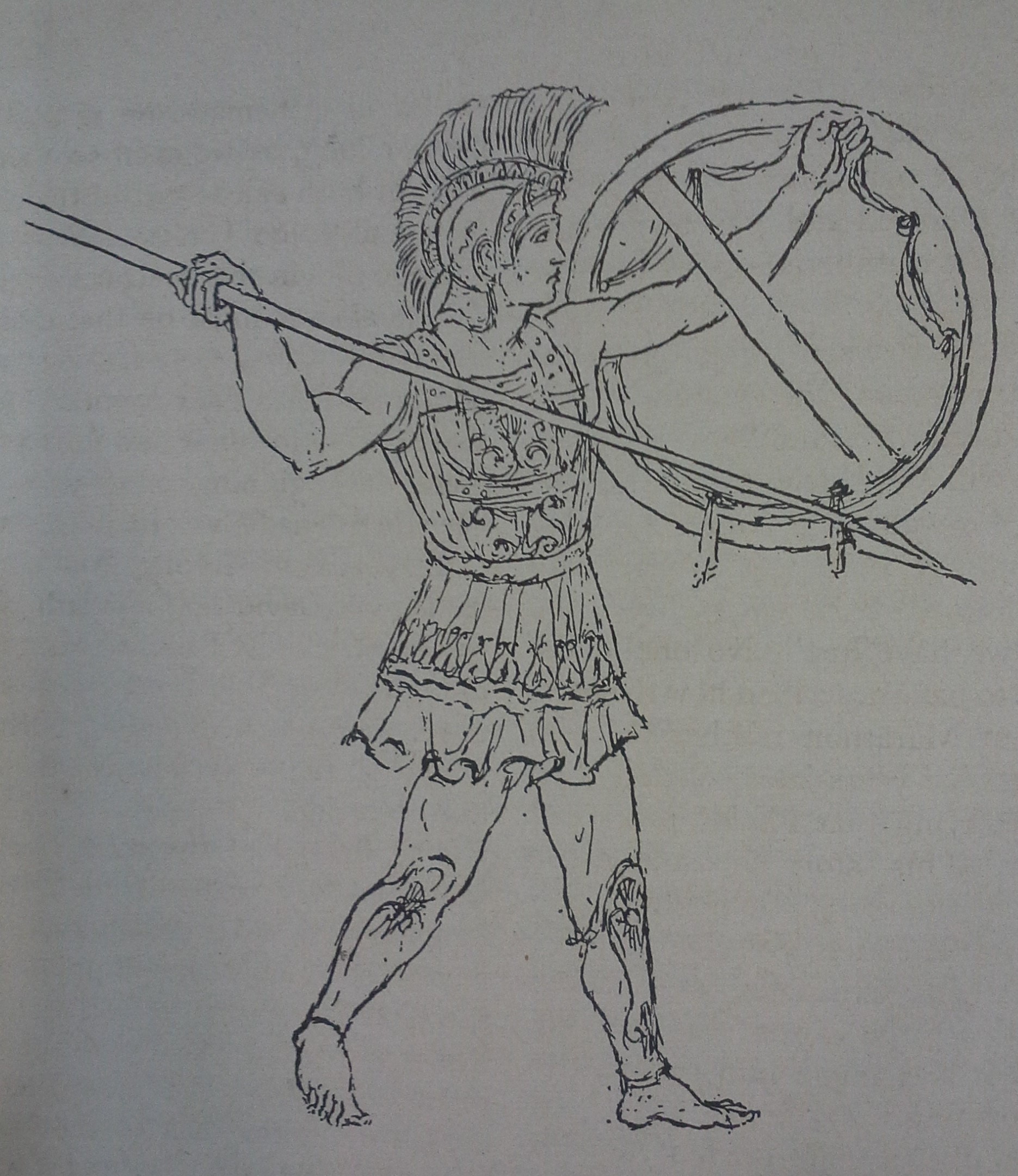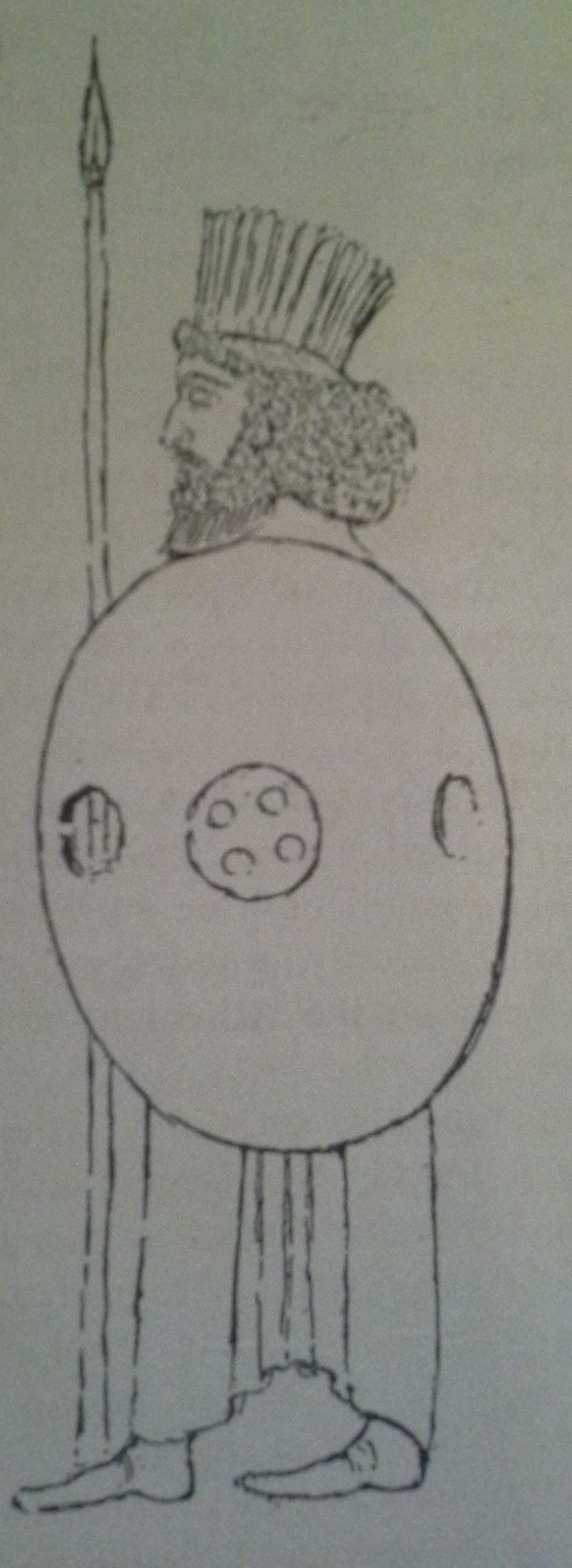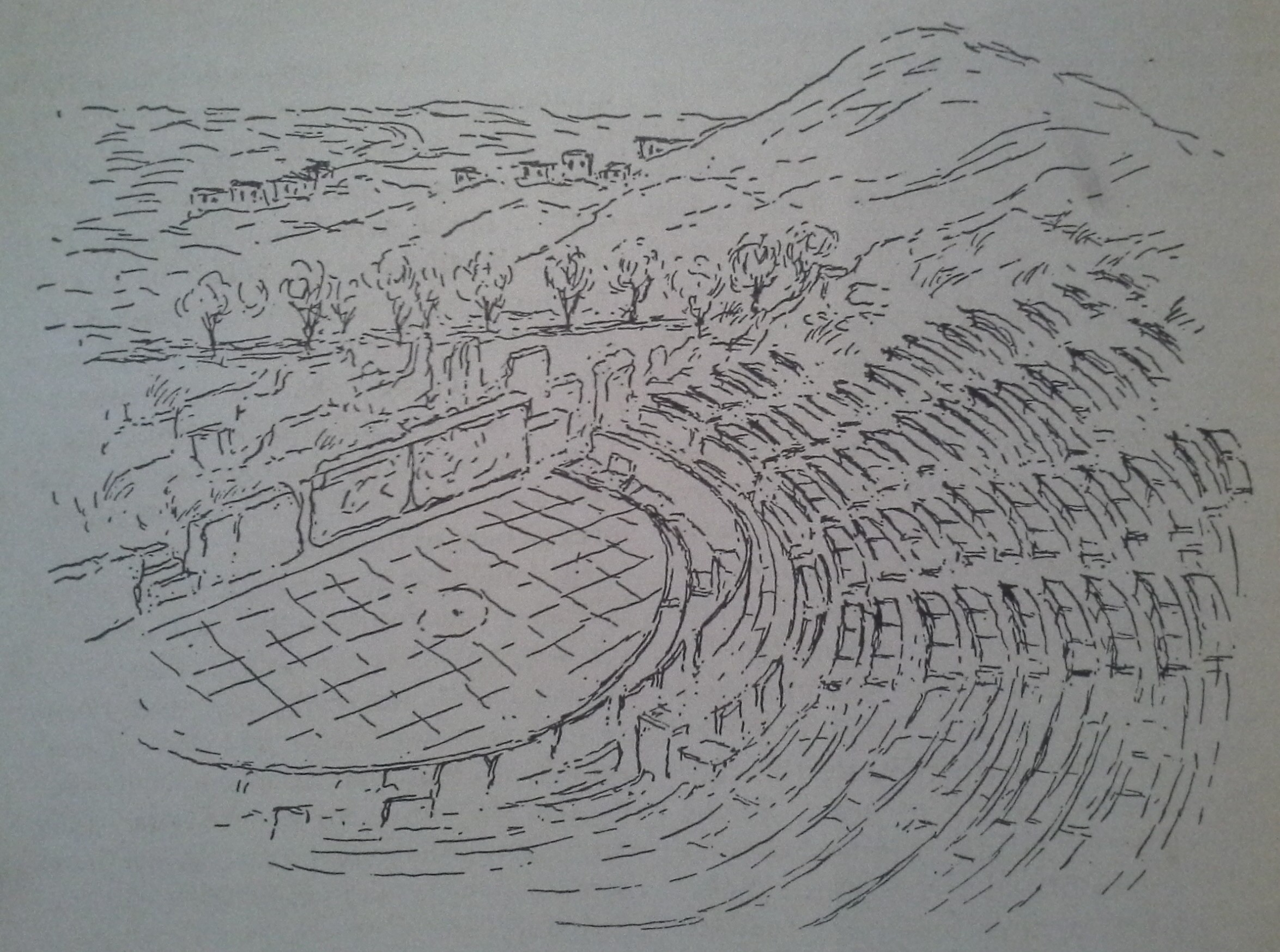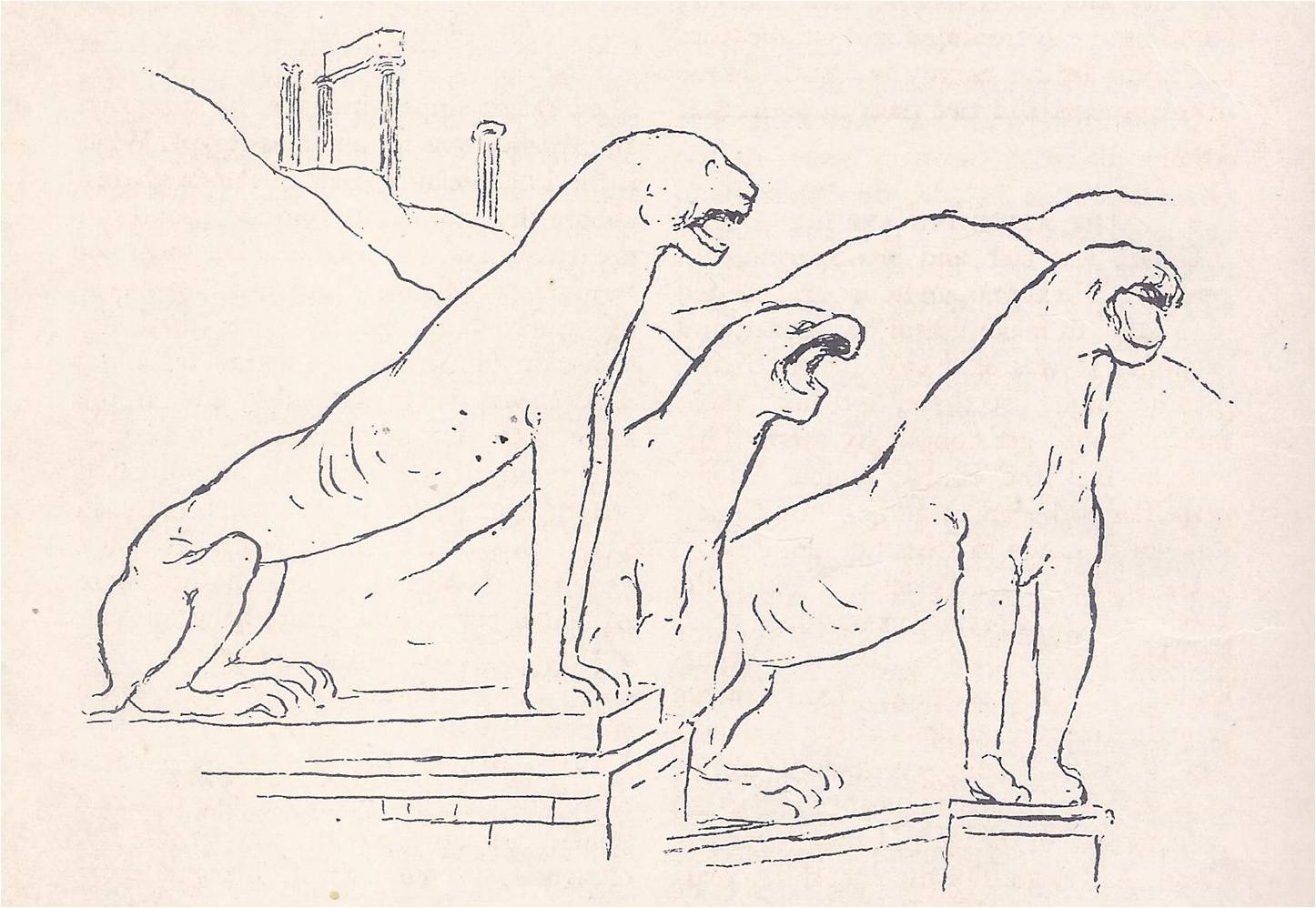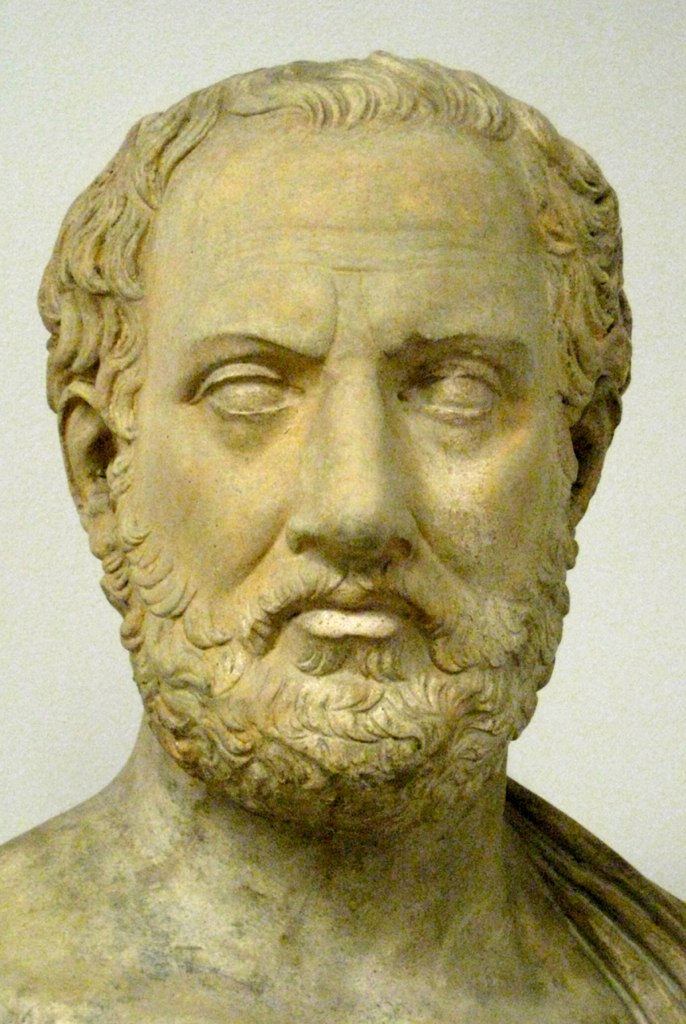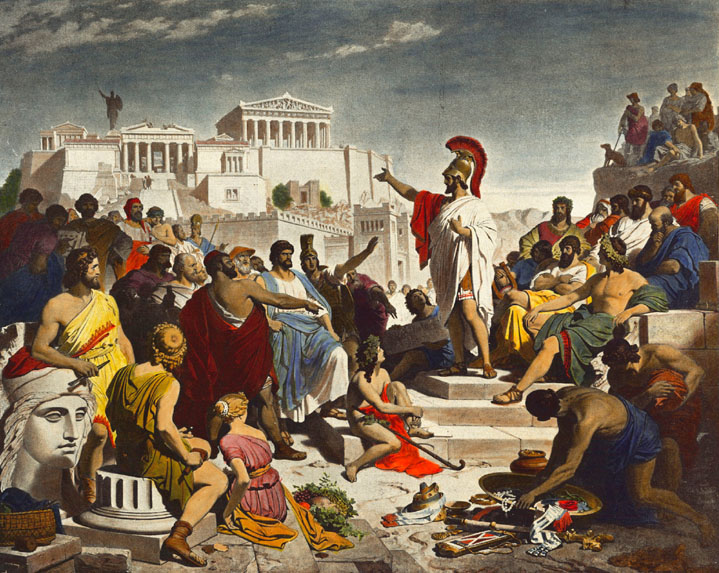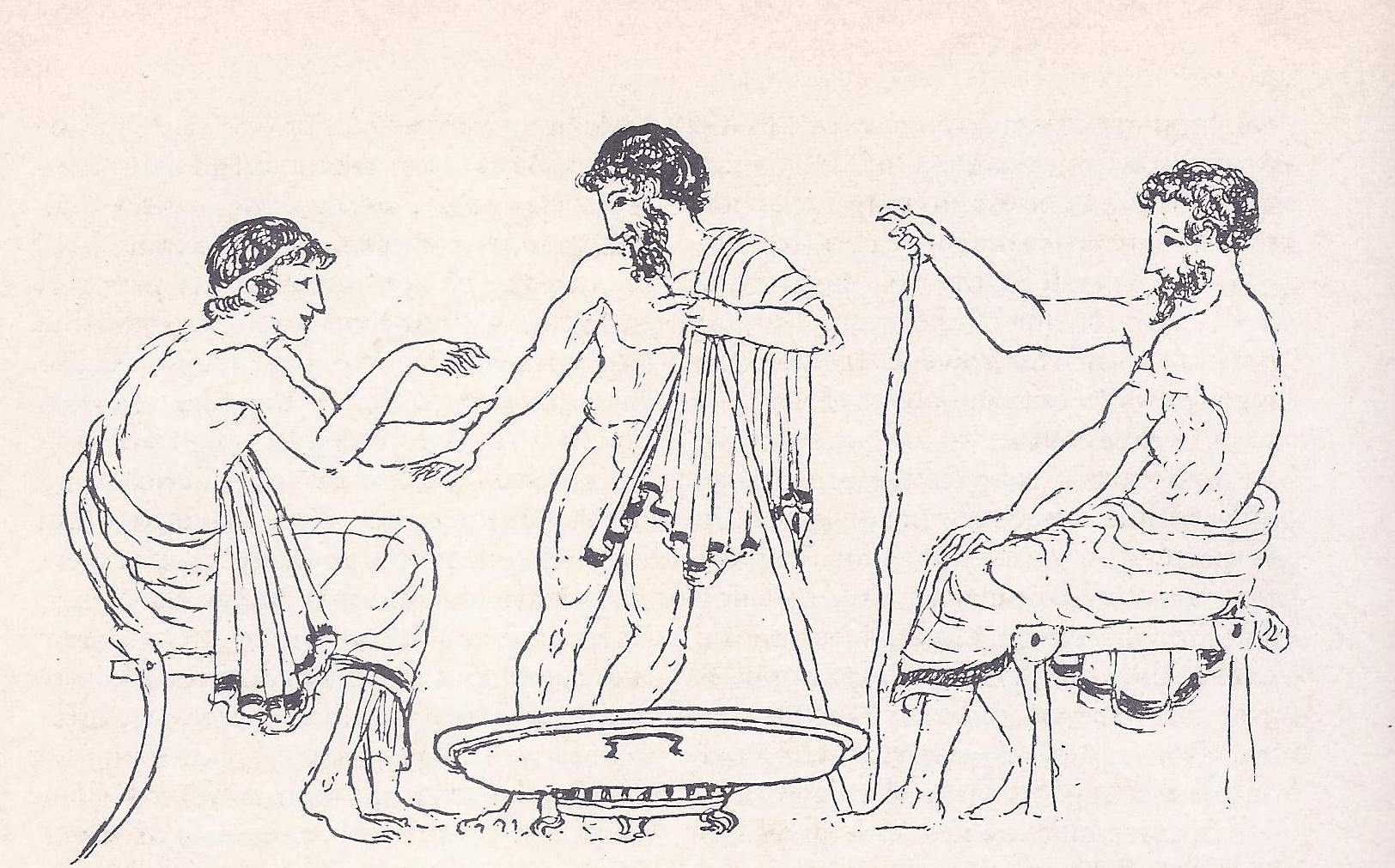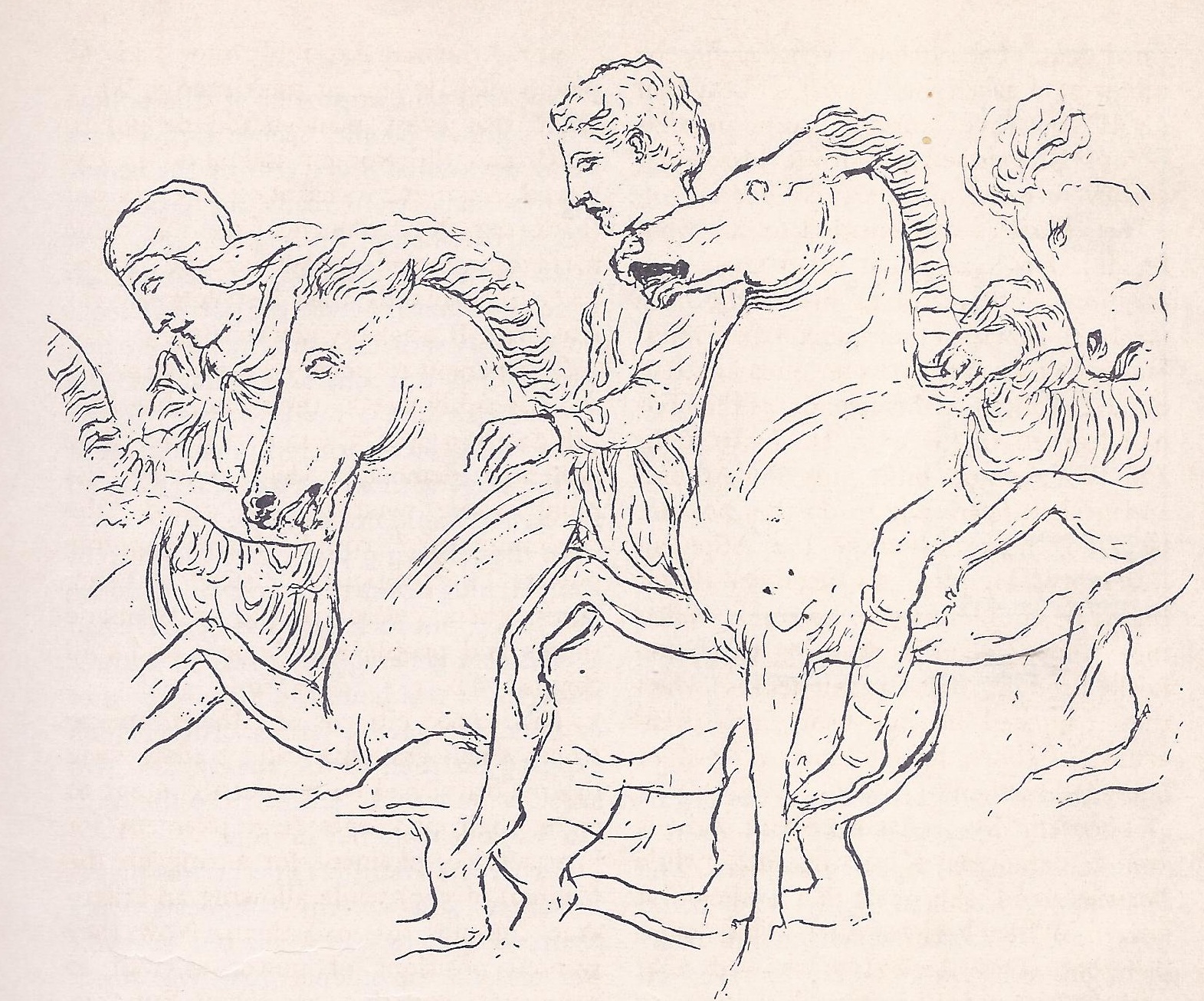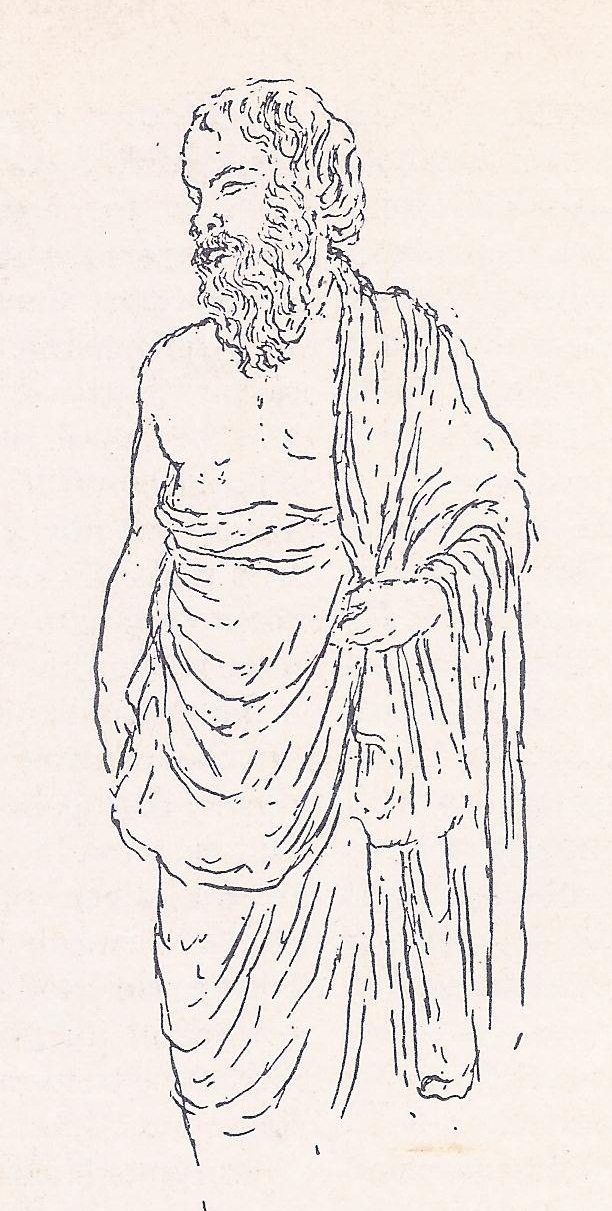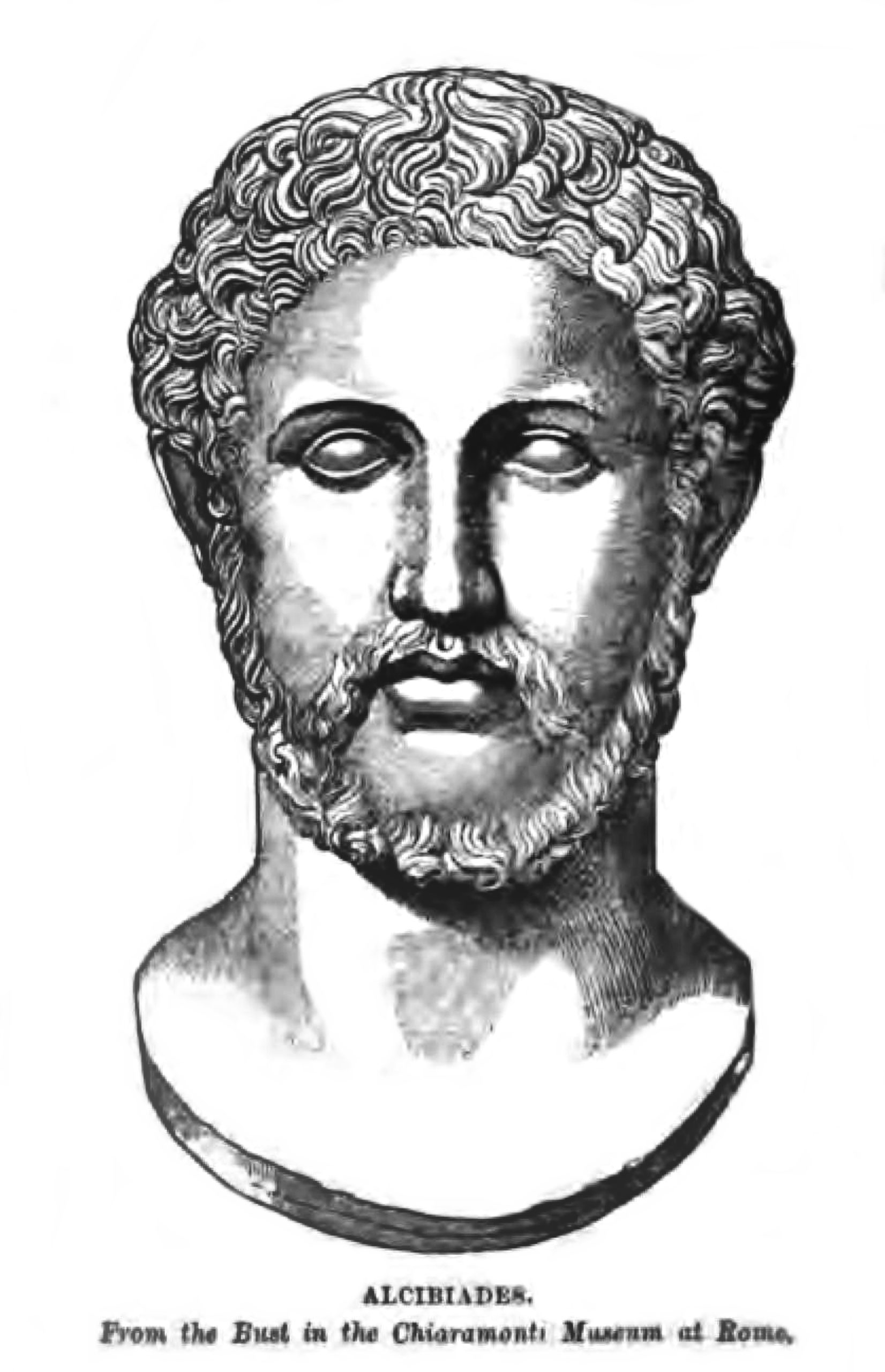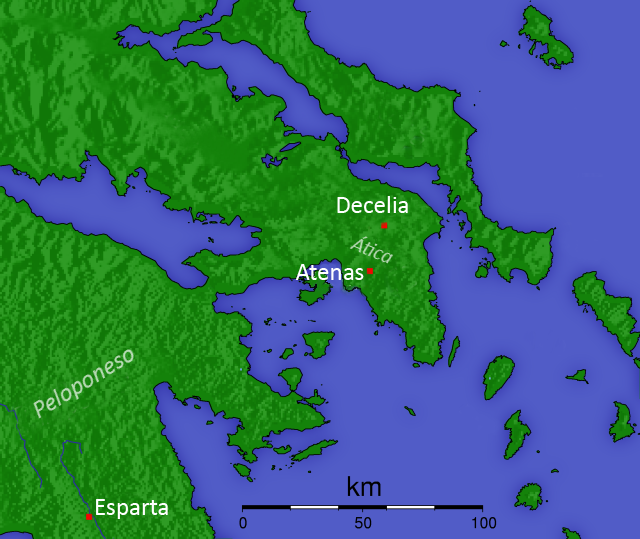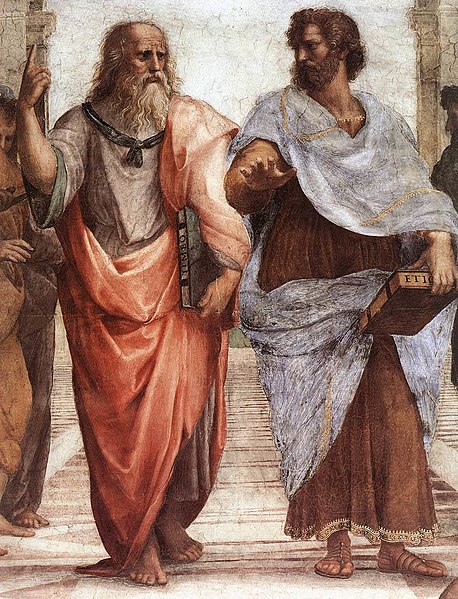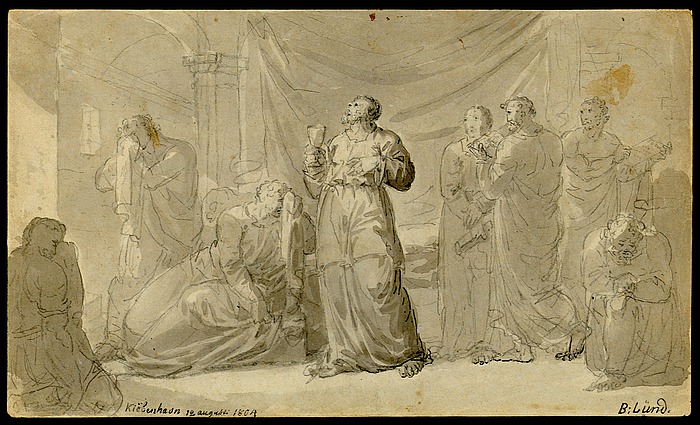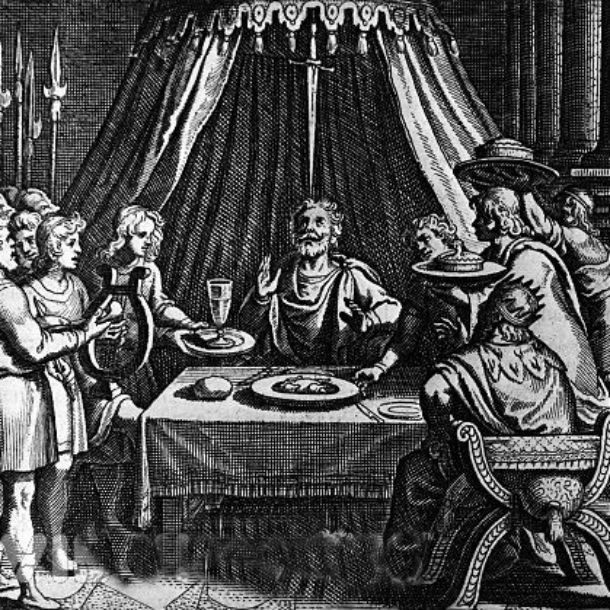Latest Posts
Kings, Tyrants and Democracy 1000 B. C. to 100 B. C.
During the Dark Ages, the large kingdoms of Homer’s Achaean heroes had disappeared. The Greek world was now dotted with
Gods and Heroes 800 B.C. – 550 B.C.
From island to island and town to town, across the wide new world of the Greeks, the minstrel wandered, with
Companions of the King 1500 B.C. – 1000 B.C.
Across the plains of Peloponnesus, flashed the swift chariots of knights and warrior-princes. They wore armour of gleaming bronze and
Early Civilizations to Modern Age
The Church and the Empire A.D. 527-1261
CHRISTIANITY, as the official religion of Byzantium‚ was under the control of the government. The emperor was the head of
The Fall of Byzantium A. D. 992-1453
THE LONG struggle between the churches of the East and the West was only one of the many serious problems
Byzantium and Russia 400 B. C. – 1240 A. D.
THE BEGINNINGS of Russian history date back to the centuries when Byzantium was at the height of its glory. A
Distant Past and New Challenges
Milestones of History
William of Normandy, the Conqueror (1066 A. D.)
William of Normandy, the conqueror, was also descended from English kings and was convinced that King Edward had promised him
Pope Leo IX (1066 – 1077)
Galilee Chapel in Durham Cathedral. Durham was the greatest of the Norman ecclesiastical border fortress in the north of England.
Henry IV, Humiliation at Canossa (1077 A. D.)
Henry IV stood barefoot in the snow, for three days in January, 1077, outside Canossa castle, waiting to see Pope
